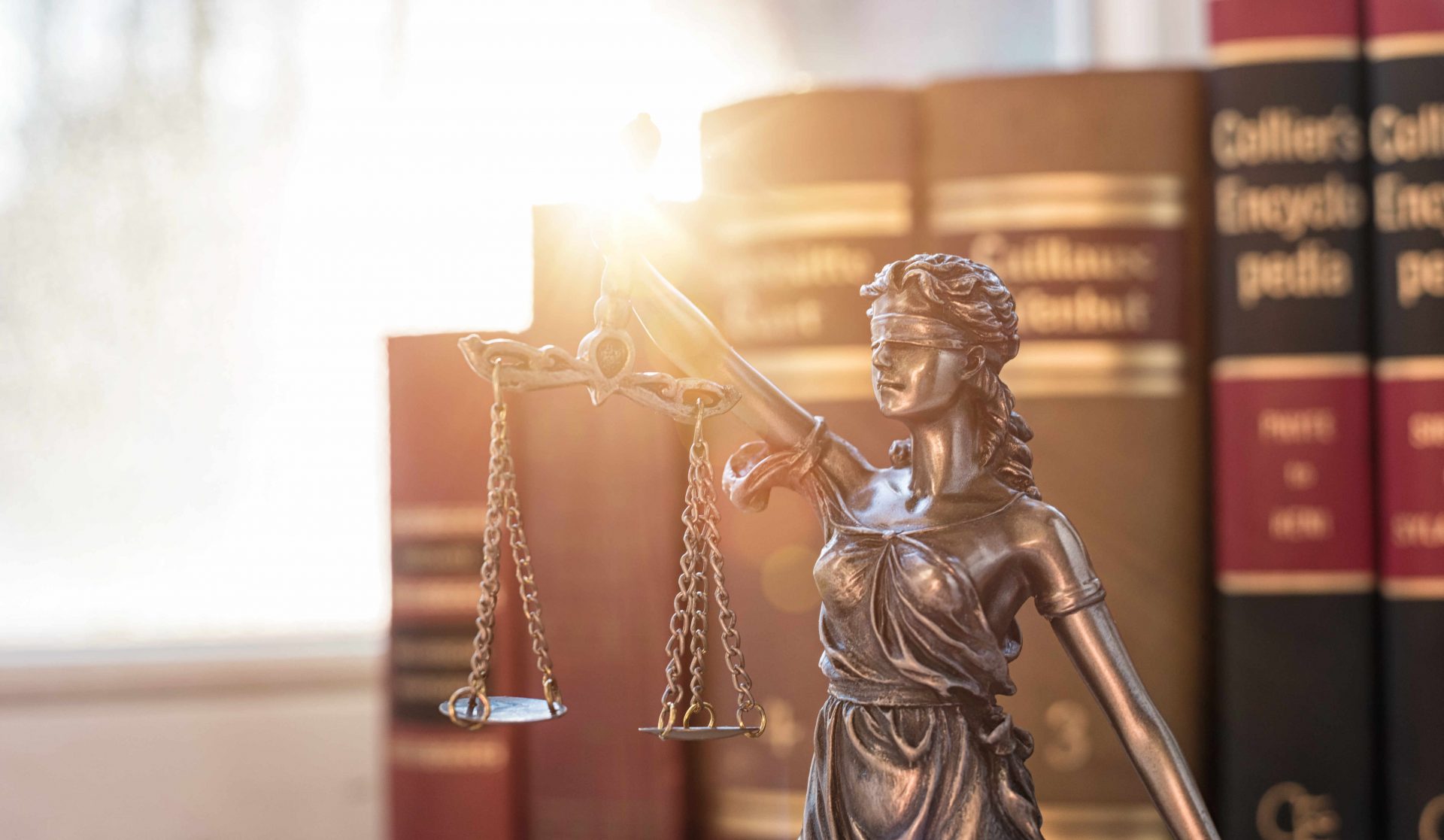
Practicing law has always been regarded as a noble and lucrative profession. However, there are many misconceptions and assumptions made about the day to day aspects of several fields of practice within law. We decide to give several of our Haute Lawyer Experts the opportunity to use this platform in order to set the record straight.
Haute Lawyer: What is the biggest misconception within your line of practice?
Michael Kosnitzky (Private Wealth, New York): The biggest misconception is that tax and private wealth lawyers function in a numeric and formulaic environment. In reality, what we’re doing is often creative and never cookie-cutter and the answers to questions are not always uniform. Many people think that if you practice tax law, the answers are always intuitive and based on formulae, when in reality, there are many shades of grey and nuances that apply in virtually every sophisticated situation.
Many determinations of what I do regularly depend on the courts and the IRS often not acting consistently. Many people think it’s as if lawyers in my practice can look up an answer and come to a conclusion where every individual lawyer would end up in the same place and that’s not necessarily true.
If you wish to learn more about Michael Kosnitzky’s work with private wealth, CLICK HERE.
Carlos Rodríguez-Feliz (Entertainment, South Florida): To better express my answer with regards to my practice, I will re-phrase the question as, “What’s one of the biggest misconceptions of the music industry in terms of copyright?”
One of the biggest misconceptions involves instances where artists, producers and songwriters use samples or interpolations of previously released recordings. It commonly said in the industry that if a sample or interpolation of a song is incorporated in a new recording and used for less than ‘x’ amount of time, there is no need to obtain clearance from other copyright owners. However, this is not within what the law states. Regardless of the amount of time it is important to clear these rights in order to avoid further copyright issues along the way. Only if the sample in question is incorporated in a new recording in a transformative manner (within the meaning of the law), then it may be deemed to be of fair use, although it is not the norm.
CLICK HERE to learn more about Carlos Rodríguez-Feliz’s practice in entertainment law and intellectual property in Miami.
Robert Elias (Real Estate, South Florida): We are transactional lawyers (i.e. real estate, corporate, estate planning/probate) so we are rarely, if ever, in court. If we are in court, it is for an uncontested probate matter. Thus, perhaps the biggest misconception is that transactional lawyers are drafting documents and agreements all day long. In fact, there are a significant amount of meetings and conference calls that are required to get deals done. Hence, the personality of a transactional lawyer plays a critical role in the successful outcome of the transaction.
While a combative or adversarial personality may provide some advantage in a litigation context, in my view, the opposite is true in transactional law. We believe that taking a measured and diplomatic approach to communications (written and oral) with the opposing side will always serve the best interests of our clients. We have overcome significant and seemingly insurmountable obstacles in corporate and real estate transactions throughout Florida by taking a practical approach to each transaction. We find that buyers want to buy, sellers want to sell, lenders want to lend, and brokers want to broker. They do not want us to burn legal time pontificating on obscure or theoretical aspects of the documents or transactions, but rather, they want us to get the deal done and closed. It makes it difficult to overcome the inevitable challenges that arise in every deal if an adversarial tone is established at the outset. In fact, I counsel all of our lawyers (particularly millennials) to simply pick up the phone at the outset of the transaction and speak to the other side rather than sending the formulaic introductory email as it provides a better opportunity to understand the other side. As such, when engaging a transactional lawyer, make sure that they are not only intelligent and experienced, but also that they have the appropriate presence and demeanor to keep the transaction moving successfully to the finish line.
In order to learn more about Robert Elias’ work with real estate law in South Florida, CLICK HERE.
Glenn Udell (Real Estate, Chicago, Illinois): As a lawyer, I am a member of an online program that answers every day common legal questions for people and businesses involved in real estate, which get submitted anonymously. It occurred to me that most, if not all business owners, often have an every day need to bounce ideas and questions off a lawyer. The common misconception is that lawyers always charge money, any time a client needs advice.
For myself, this is simply not the case. I have always viewed myself as an attorney and counselor. It is the counselor part of my practice that many of my clients appreciate. I want clients to know they can call me with whatever they need, without the worry of being charged. My only stock in trade is time but, clients always appreciate the counselor part of my law practice.
If you wish to speak to Glenn Udell or learn more about his practice, CLICK HERE.


















